With all the heavy rains this last week I thought I would write about flood safety. Since 2002 when I arrived in Churchill, I can’t remember heavy rain this early in the season. Flash floods result from intense storms dropping large amounts of rain in a short period of time. The rain will help with the draught and help extinguish wildfires, but the downside of this rain is flooding and mudslides.
Before a Flood
Familiarize yourself with the local flood hazards. Plan for different ways escape in the event of a flood. Have a family disaster kit with at least 3 days of food and water ready to go in an instant.
During a Flood
If the flooding reaches your home or business turn off utilities at the main electrical panel and gas valve. Don’t touch electric equipment if you are wet or standing in water. Do not wade through swift running water or allow your children to play in floodwaters. Six inches of swift moving water can sweep anyone off their feet. Do not drive in flooded streets, it only takes one foot of swift water to move a vehicle. If floodwaters rise around your vehicle, abandon the vehicle, move to higher ground but only move if you can do it safely. Stay away from power lines.
After a Flood
Try to stay out of floodwater as it could be contaminated from sewer lines and many other sources. During a typhoon I responded to a warehouse fire in Okinawa, Between the rain and firefighting water we were walking in about six inches of water. We decontaminated our turnout gear, but the next day the bottoms of the turnout pants disintegrated.
If you evacuated, return to your home only after local authorities have said it is safe to do so. When in doubt, throw it out. Throw away any food and bottled water that comes or may have come into contact with floodwater. The initial damage by a flood is not the only risk. Standing floodwater can also spread infectious diseases, bring chemical hazards, and cause injuries.
After you return to your house or business if you find that it was flooded practice safe cleaning. Remove and throw out all drywall and insulation that was contaminated with floodwater or sewage. Throw out items that can’t be washed and cleaned with a bleach solution like mattresses, pillows, carpeting, carpet padding, and stuffed toys. Clean walls, hard-surfaced floors, and other household surfaces with soap and water and disinfect with a solution of one cup of bleach to five gallons of water.
Home and business owners may want to temporarily store items outside until insurance claims can be filed.
Remember it’s not only the flood itself that is dangerous. Standing floodwaters contain massive amounts of contamination. Notify your insurance company. Throw out water-damaged items and clean wisely before moving back into your home or business. Be safe.
Stuart Cook was the Fed Fire Chief at NAS Fallon where he served for five years. He retired in Fallon and is involved in the VFW and recently attended the Honor Flight to Washington D.C.

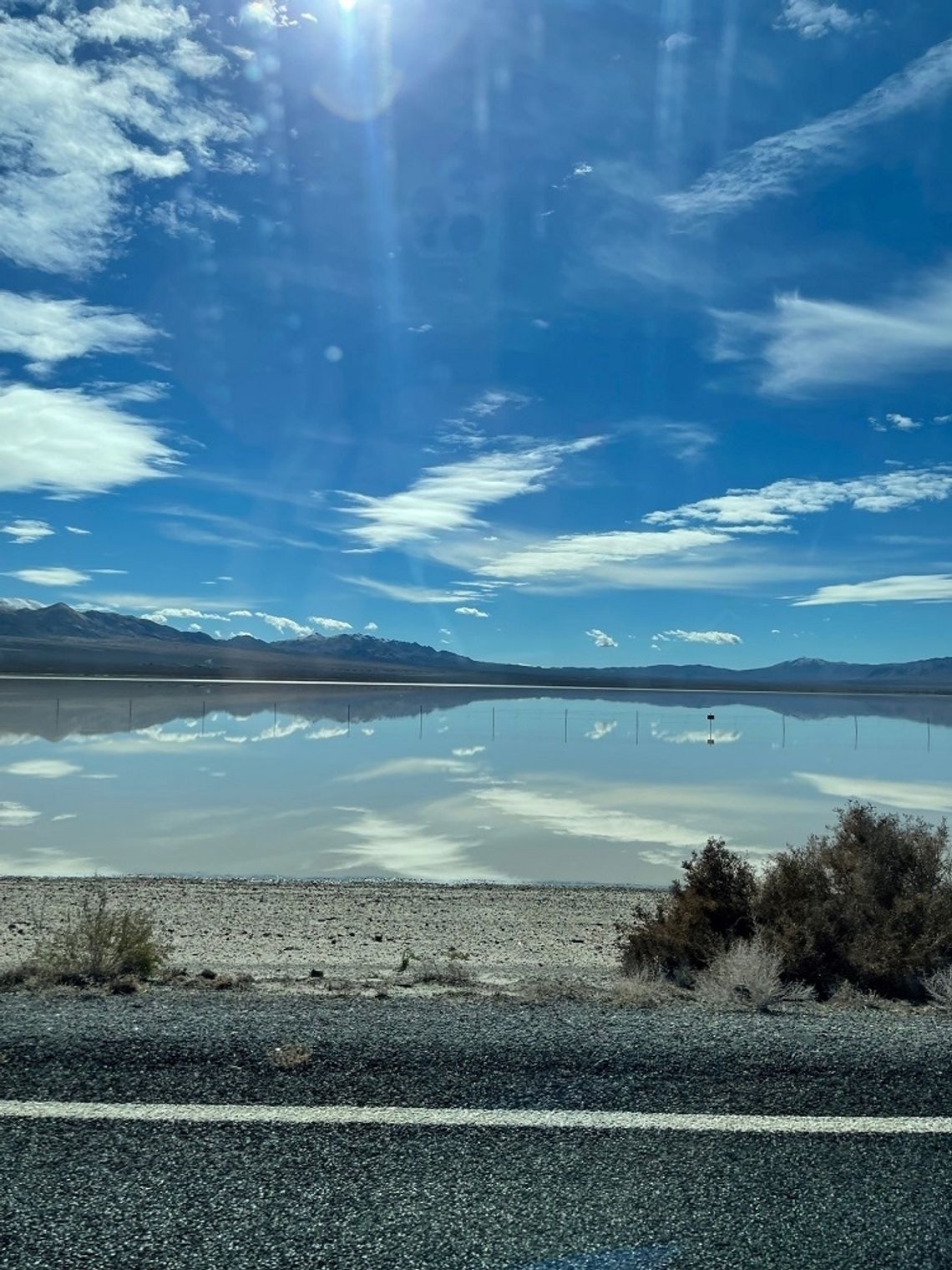
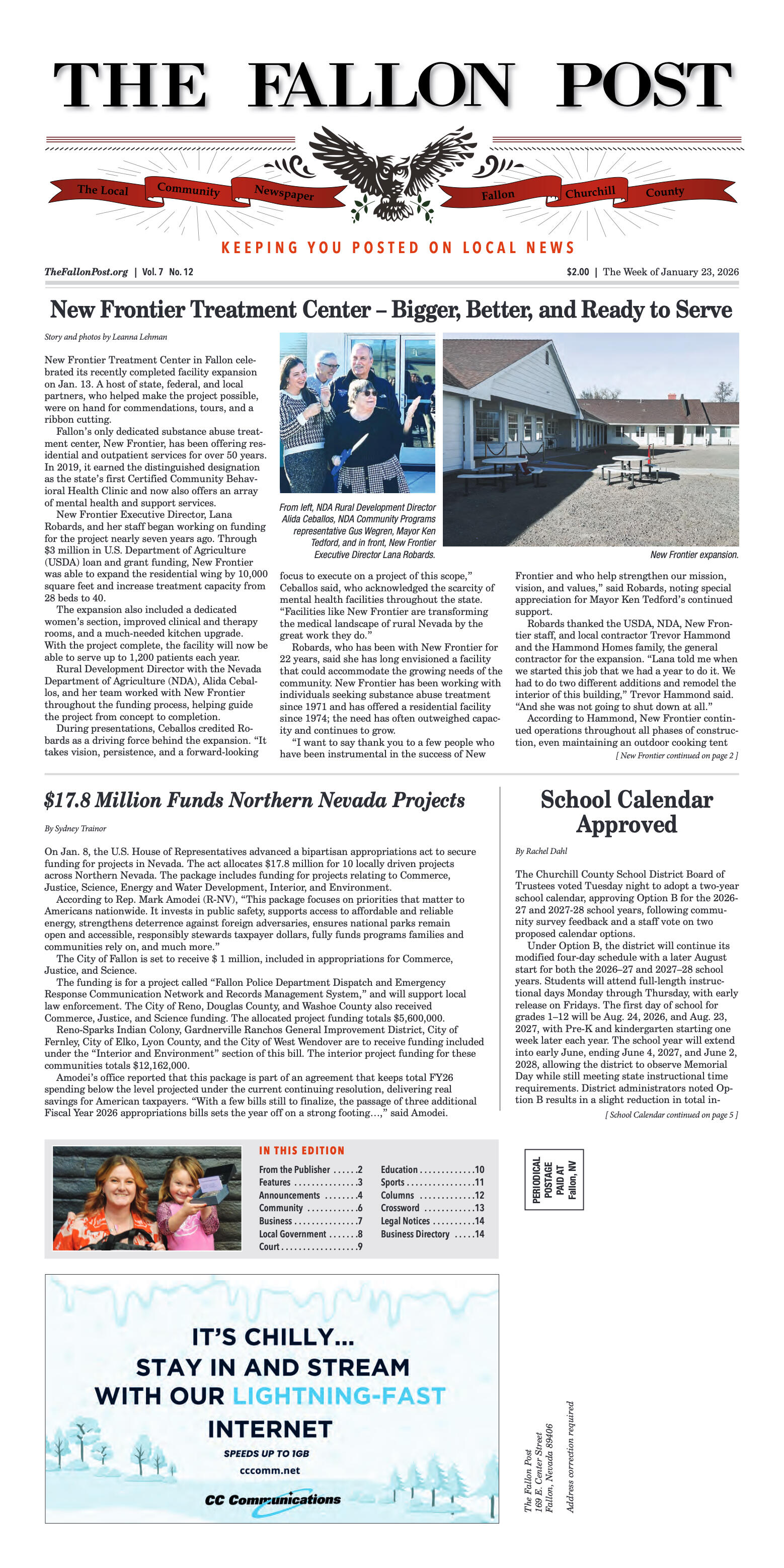
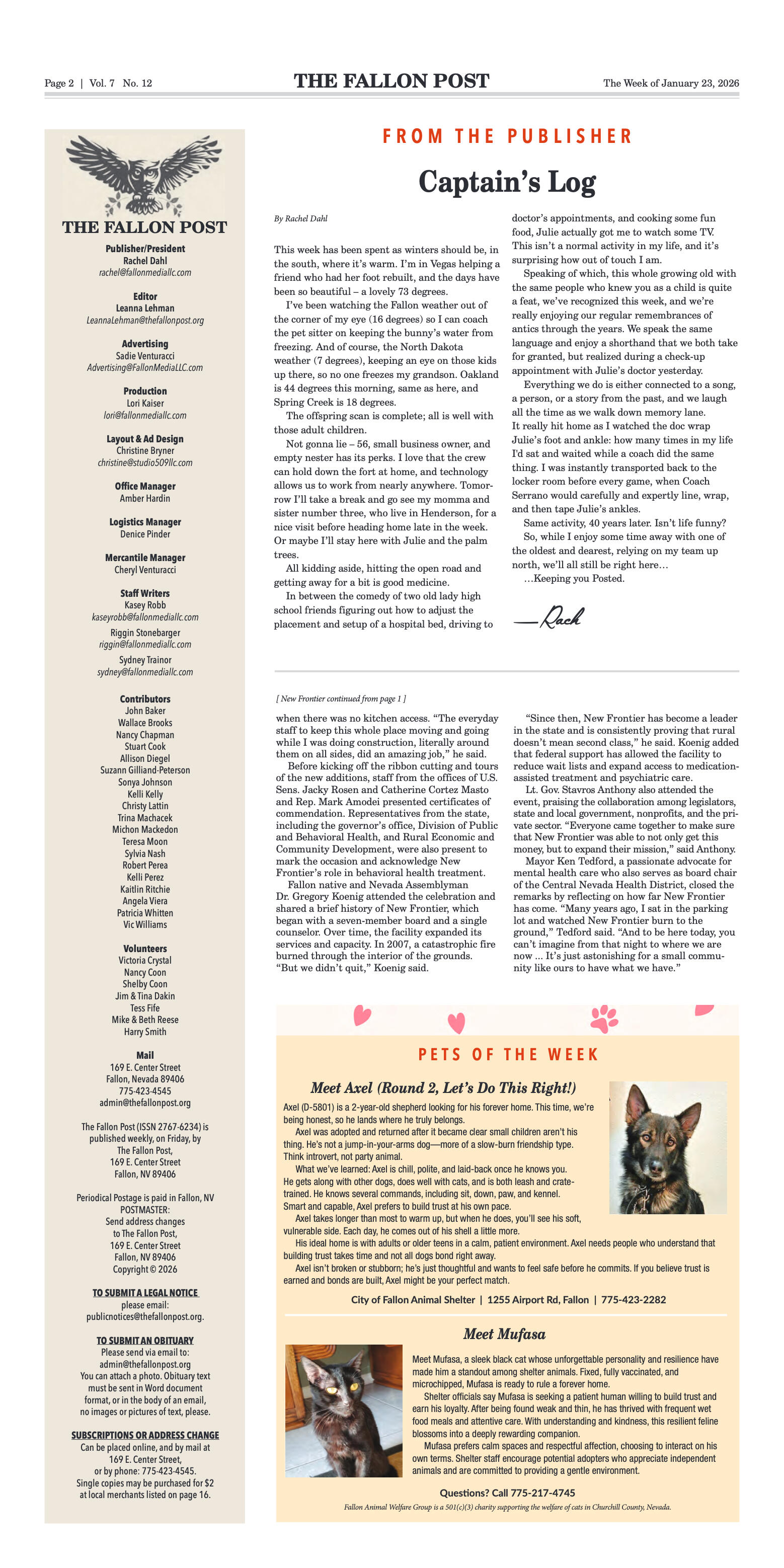
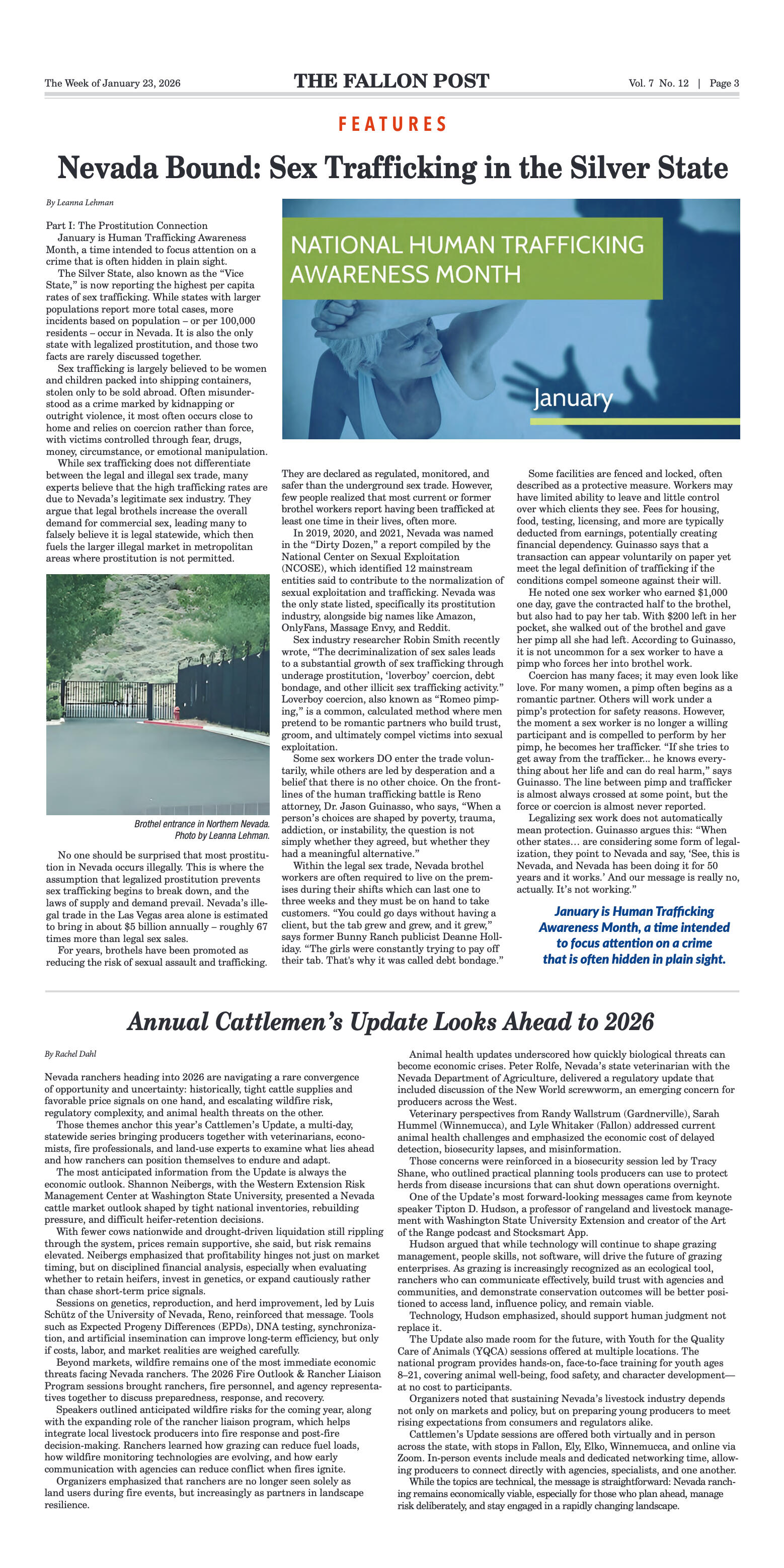
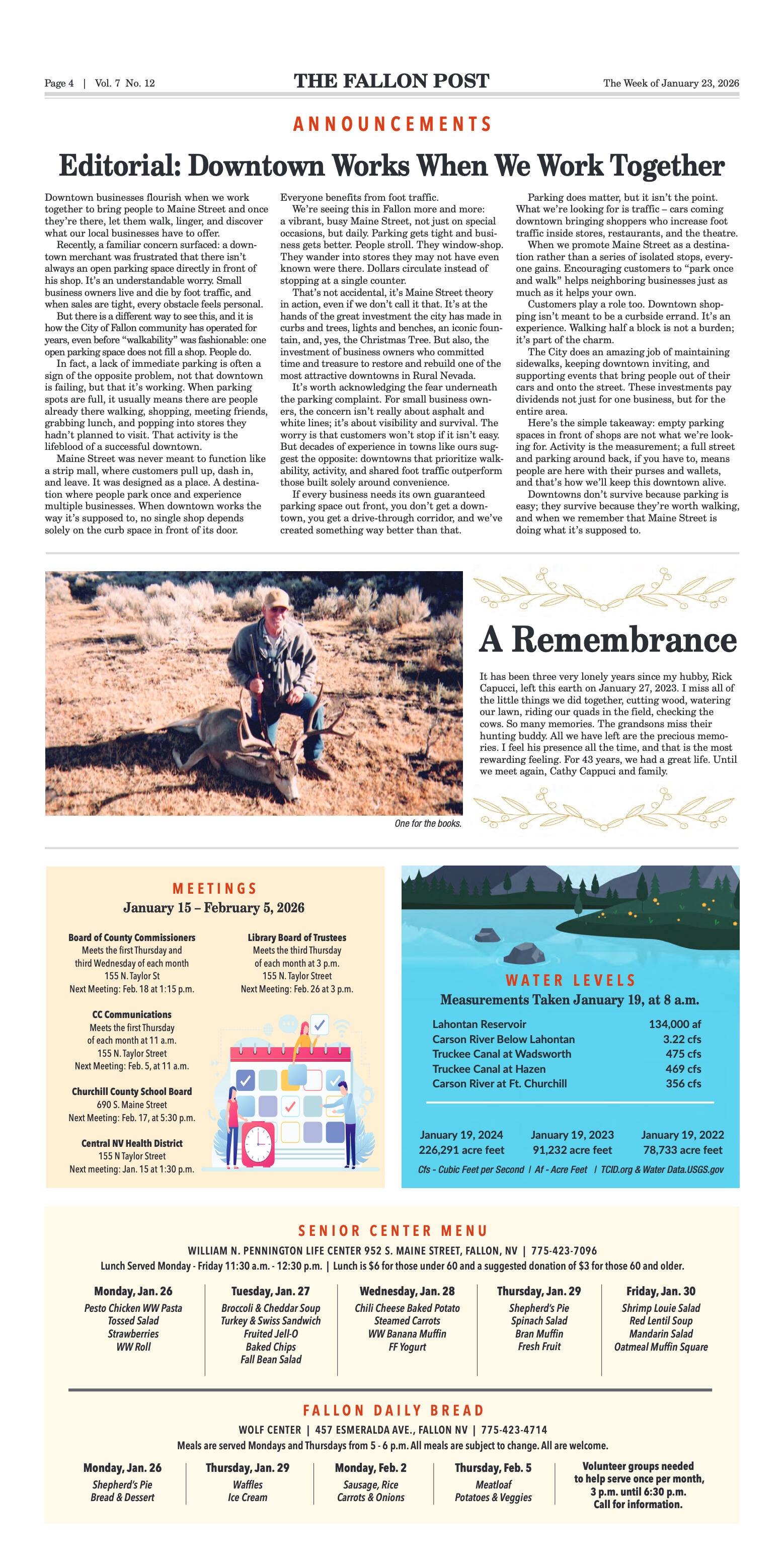
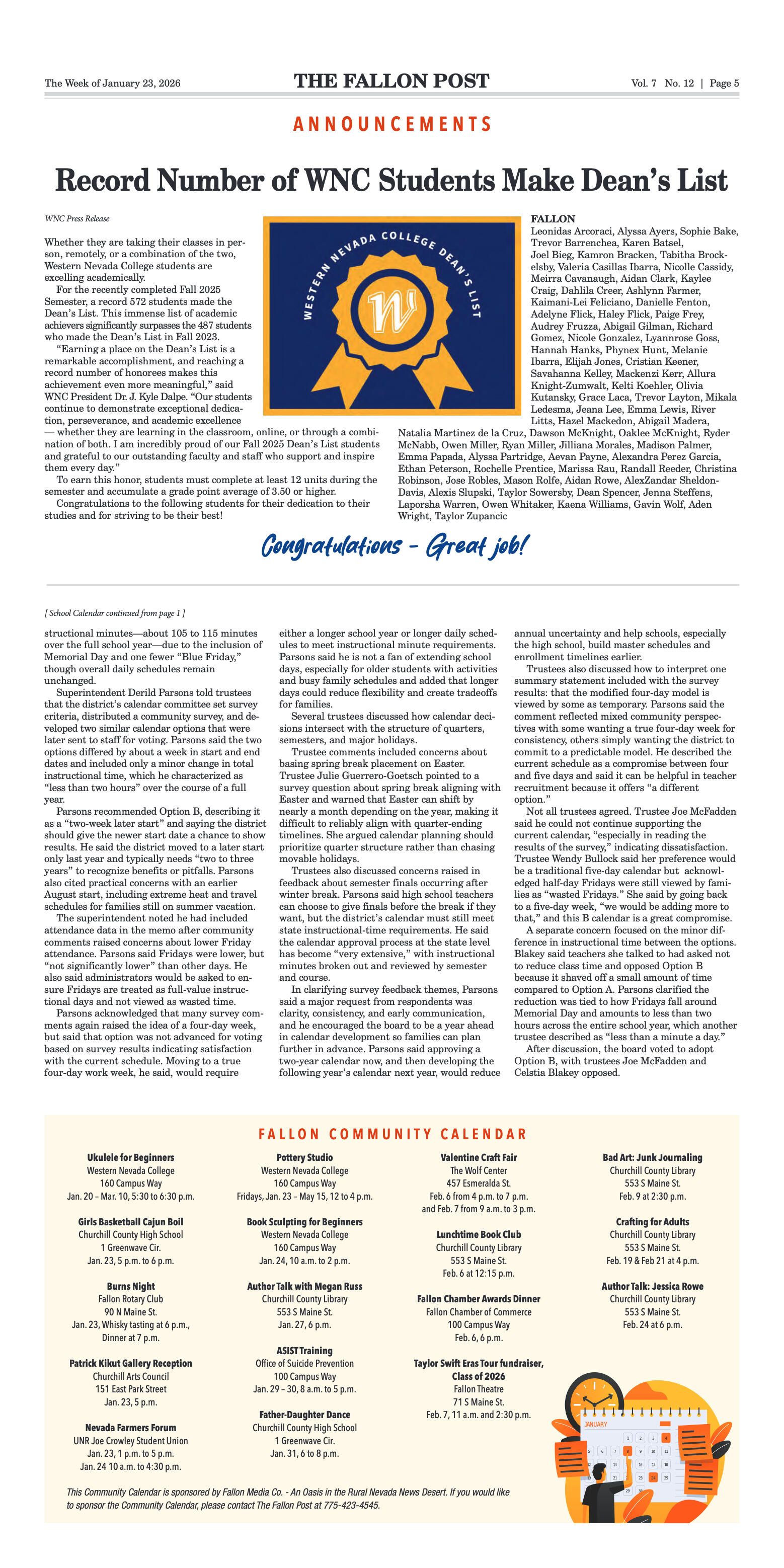
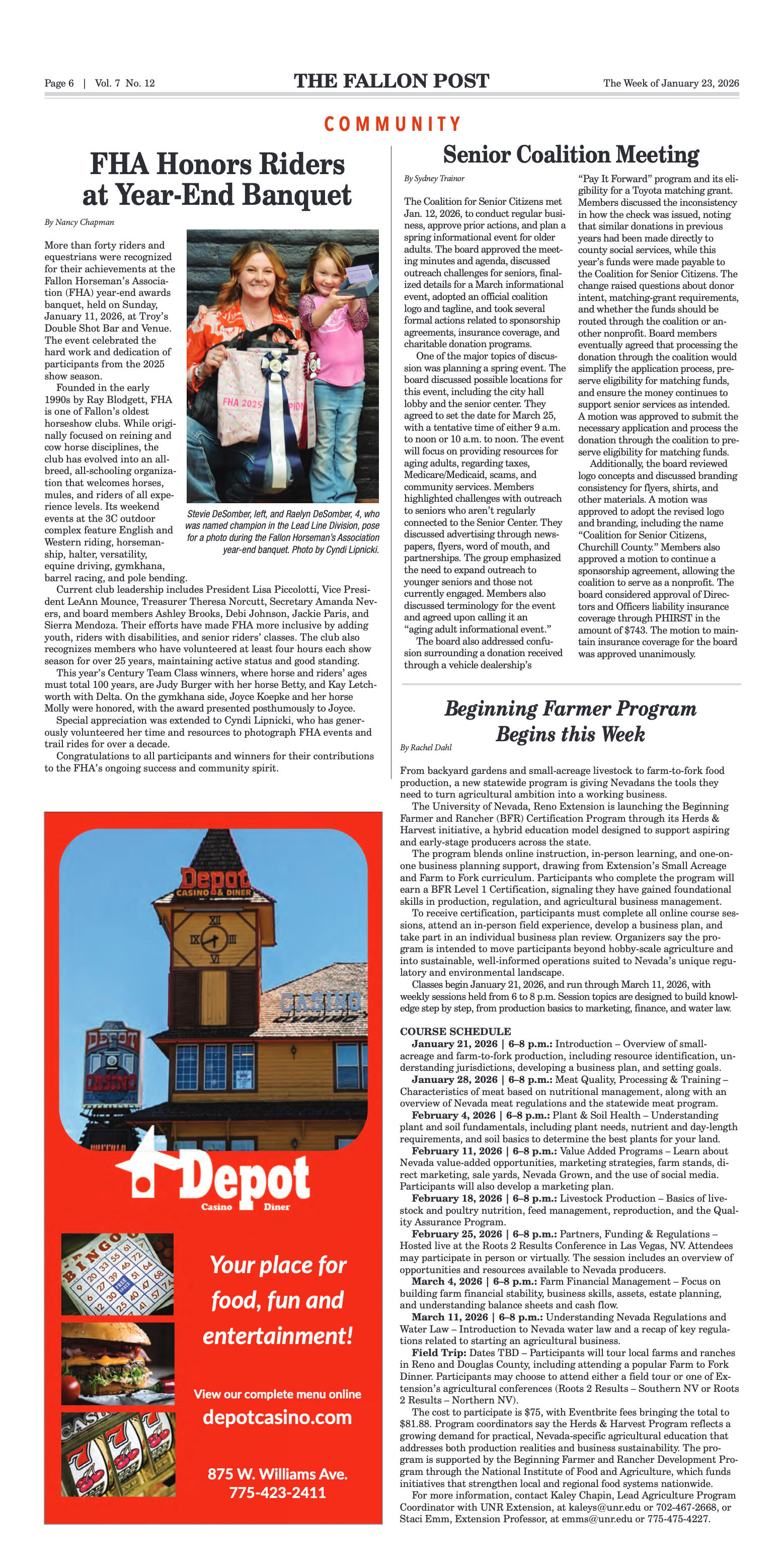
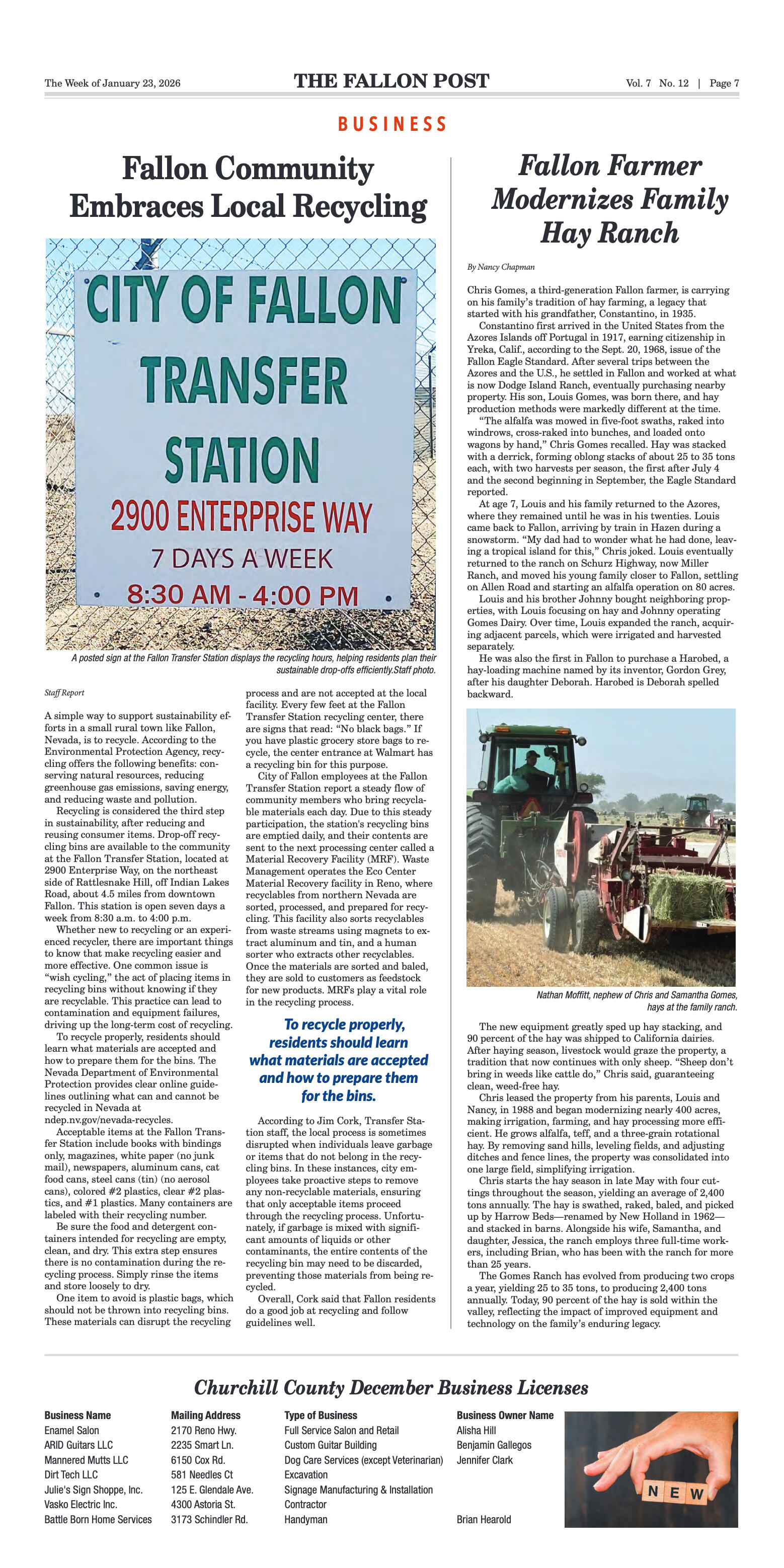
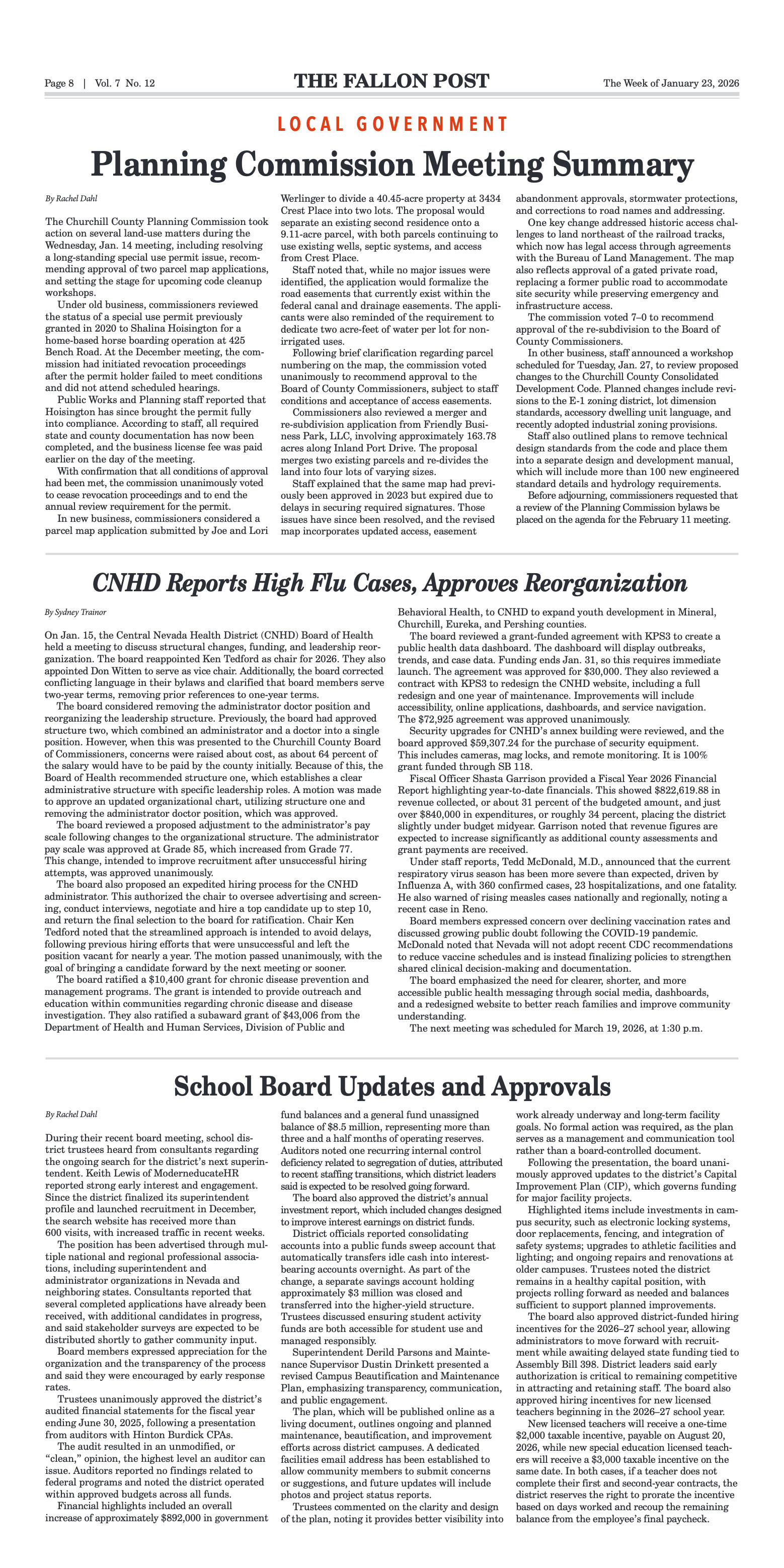
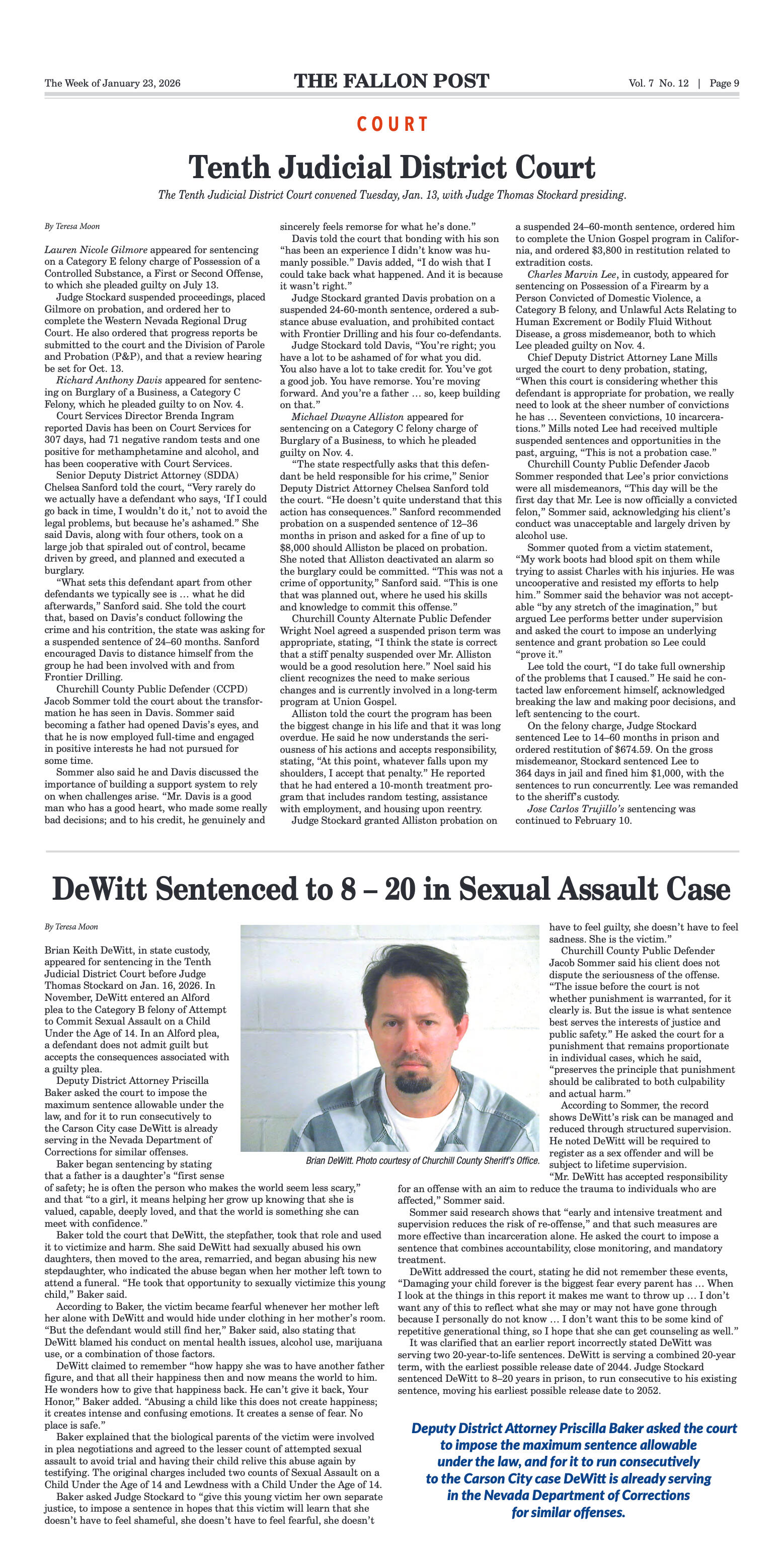
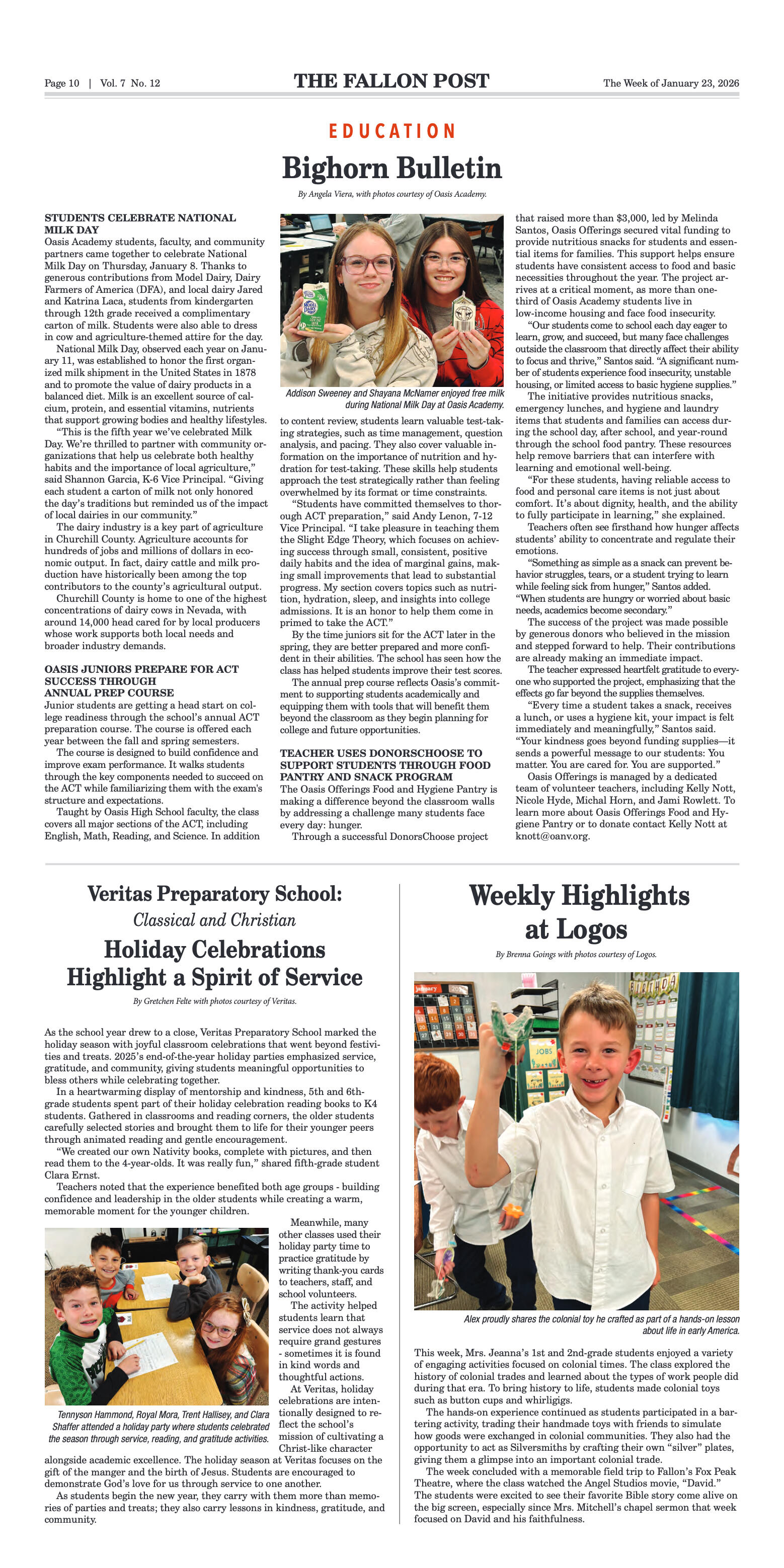
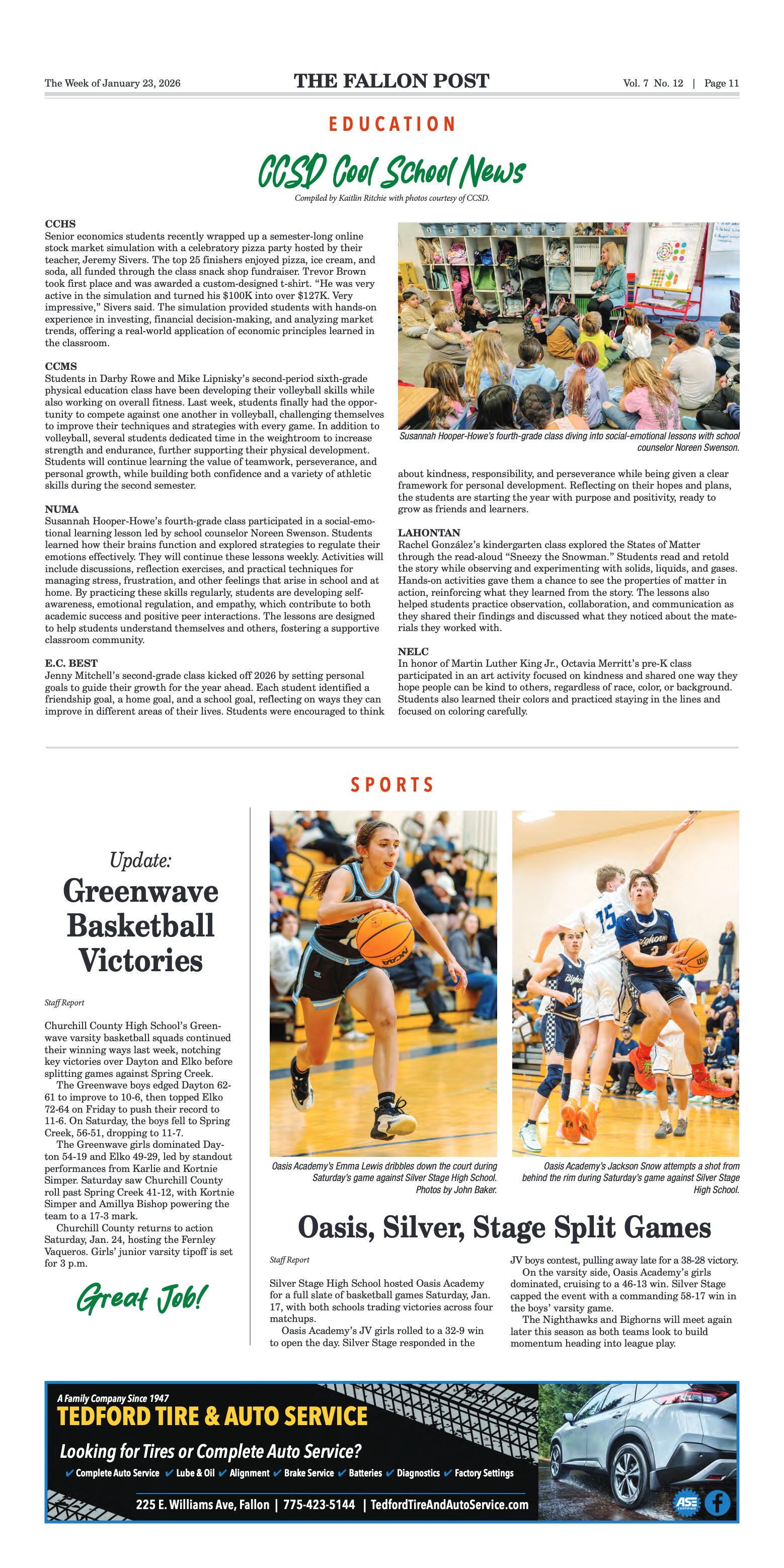
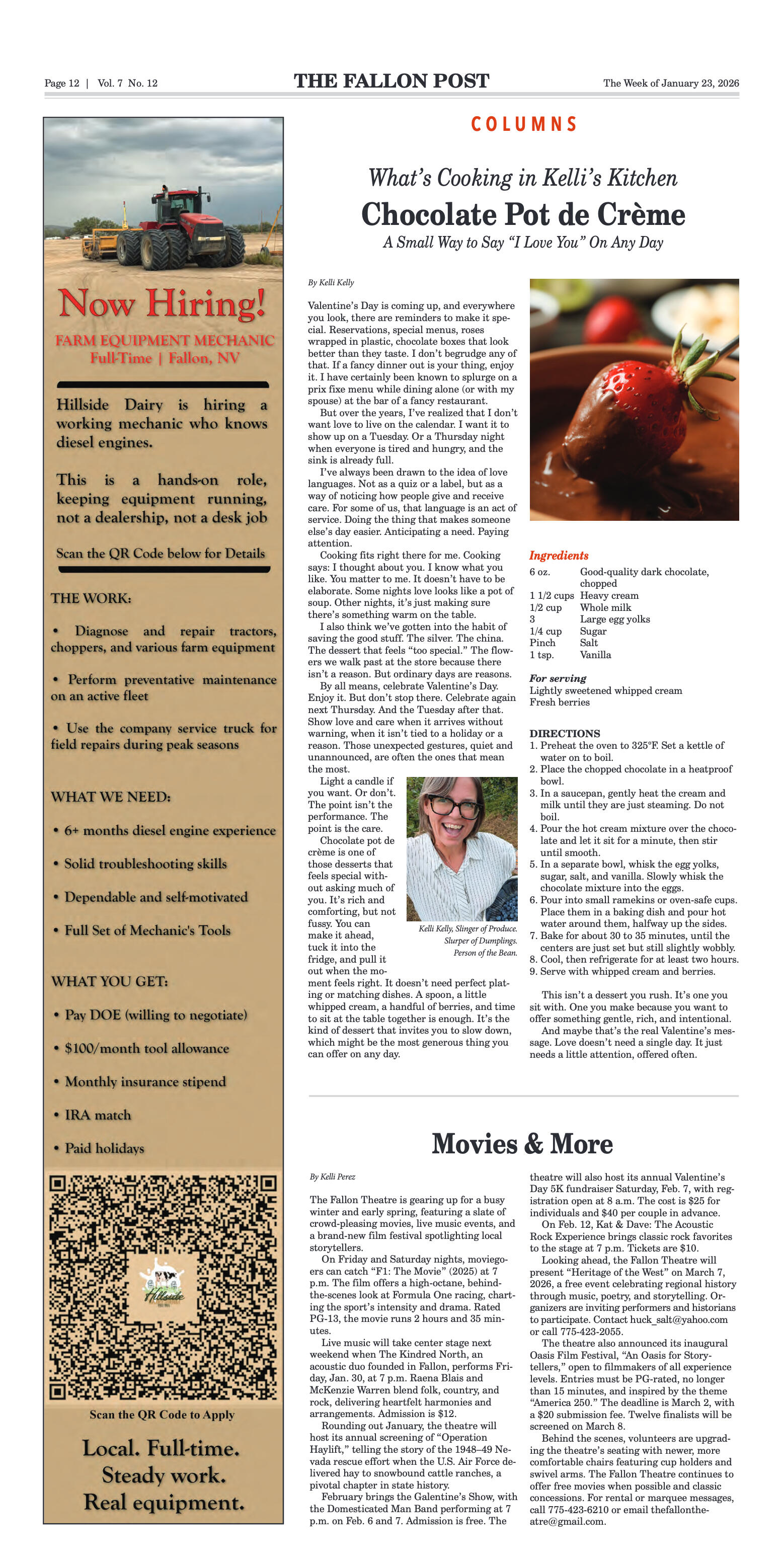
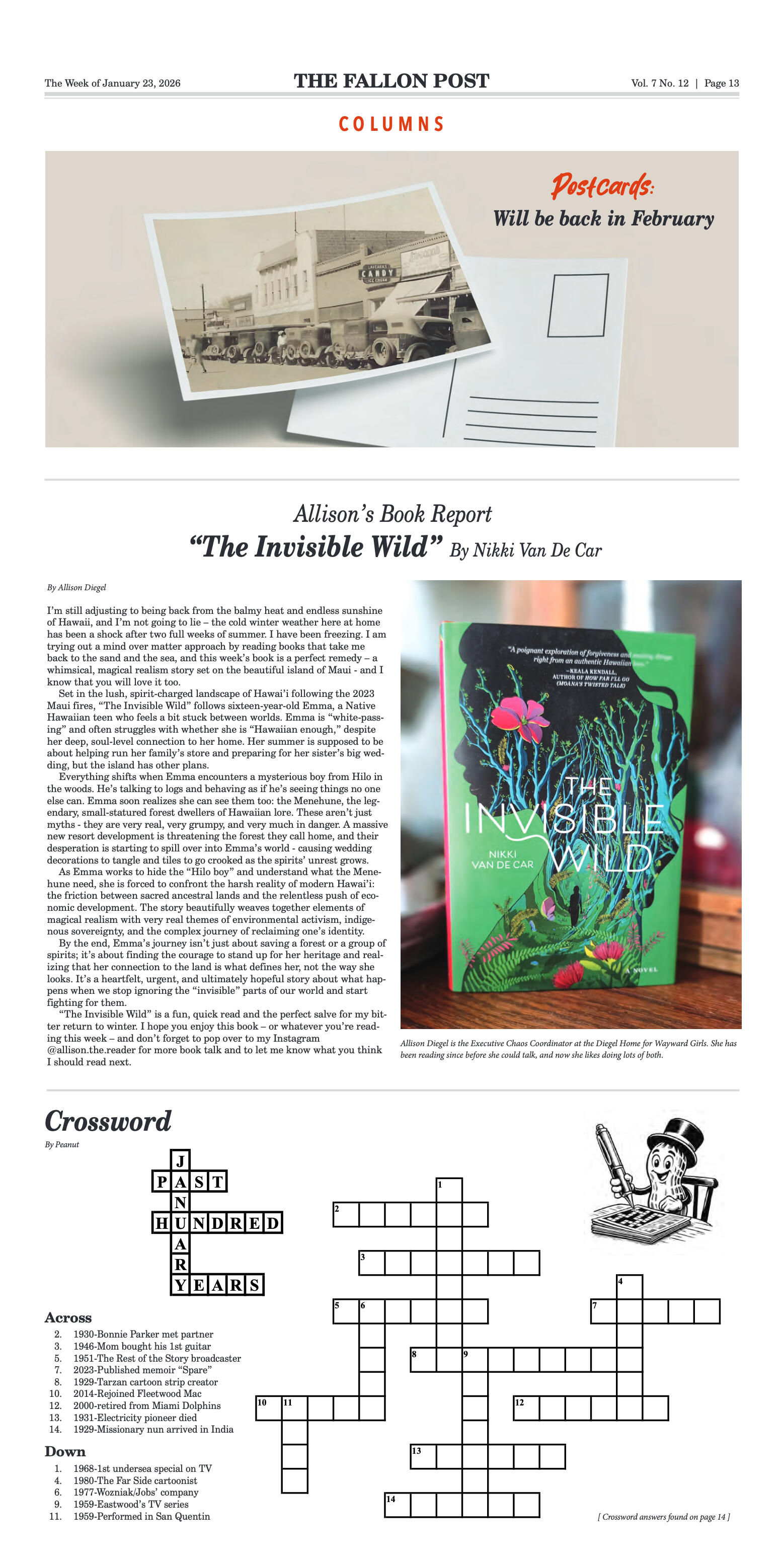
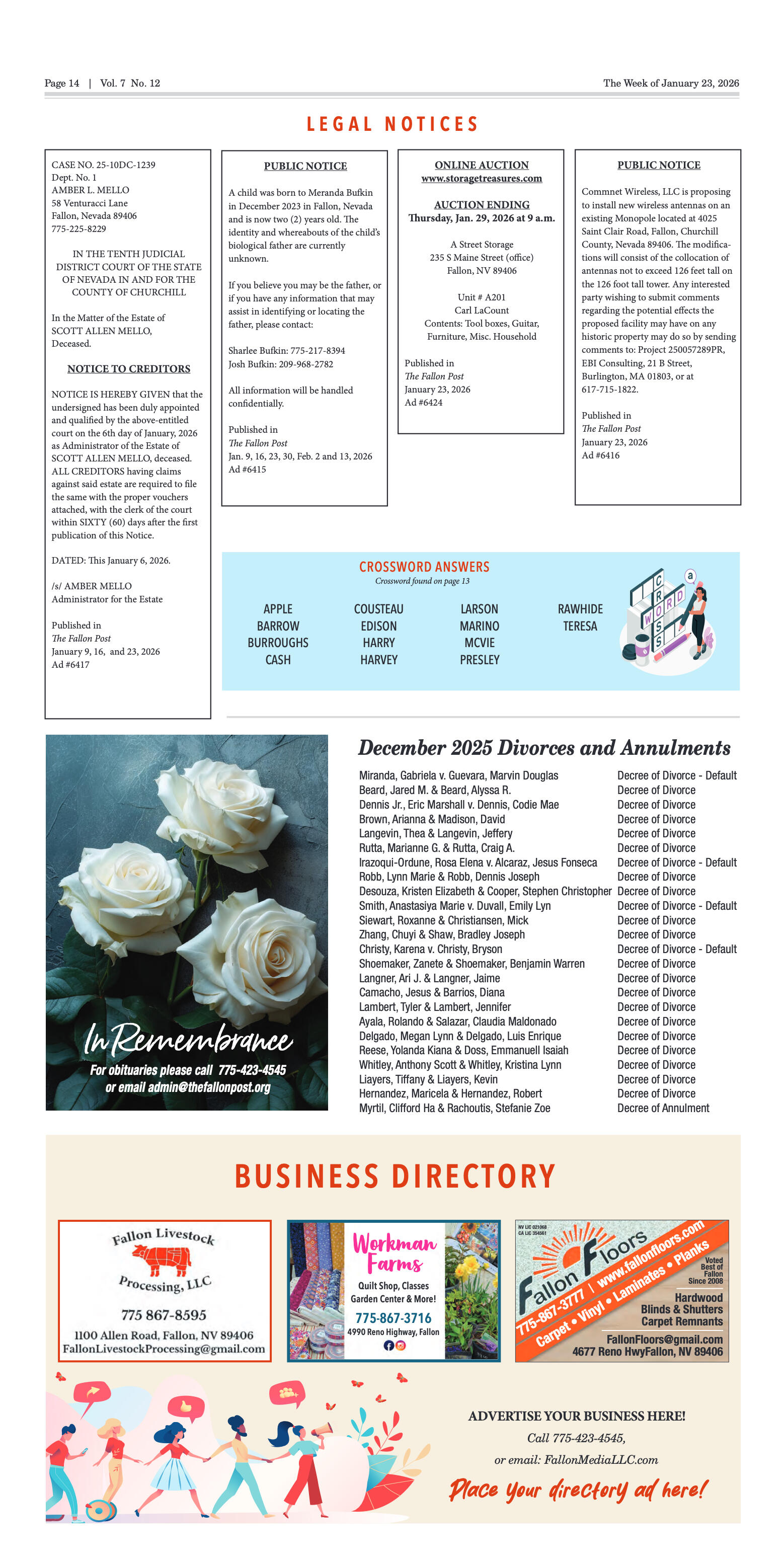
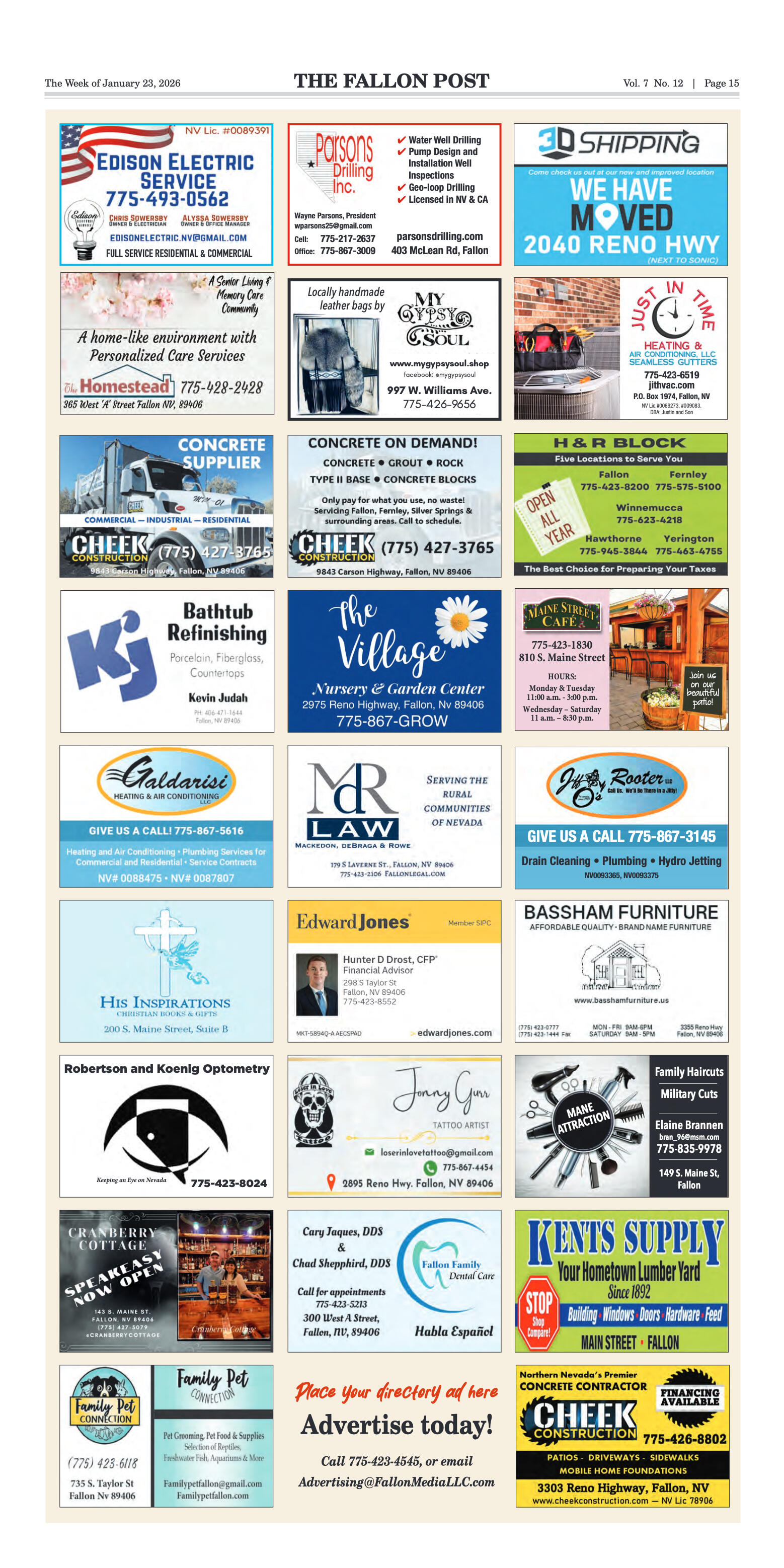
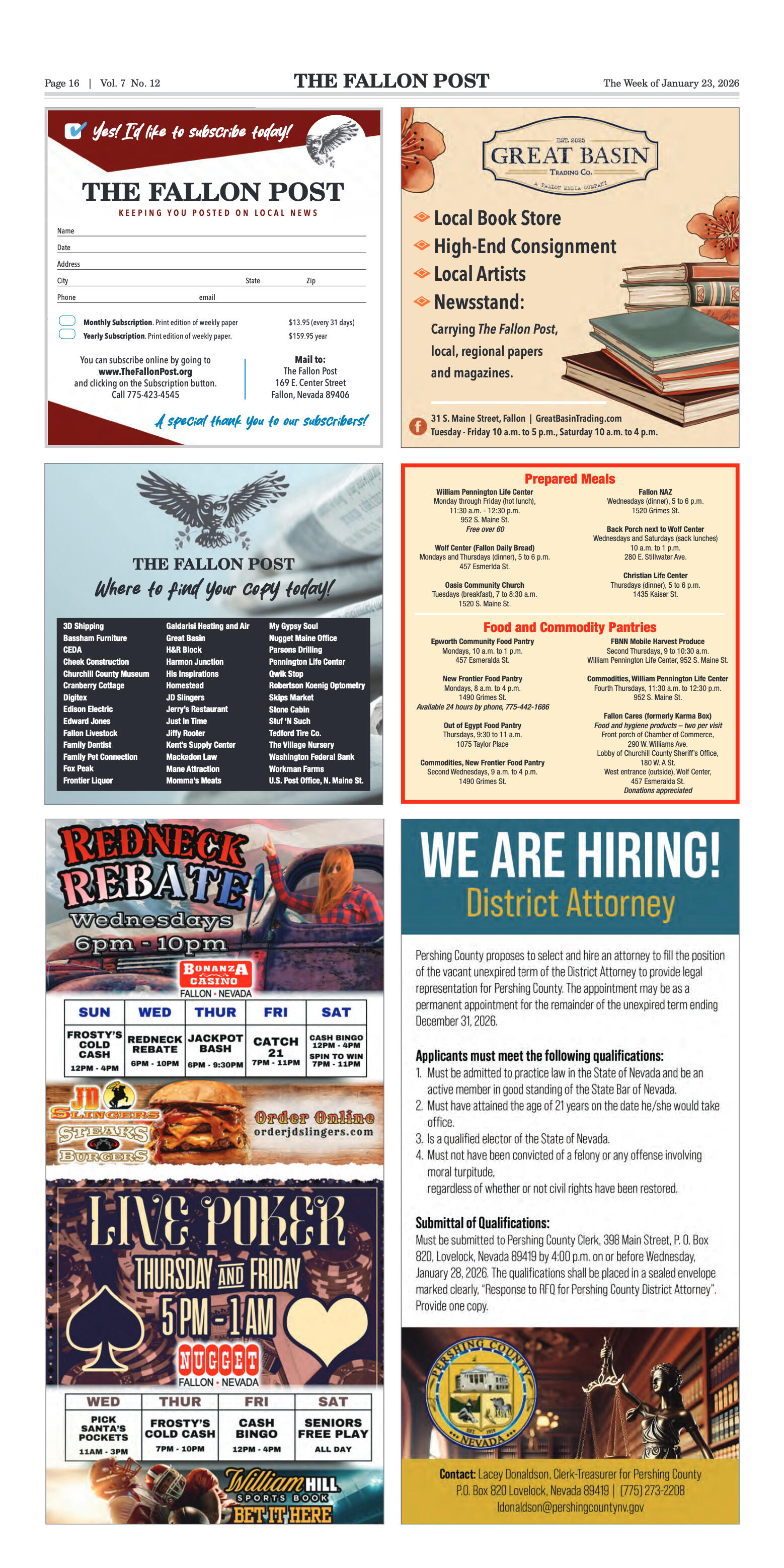




















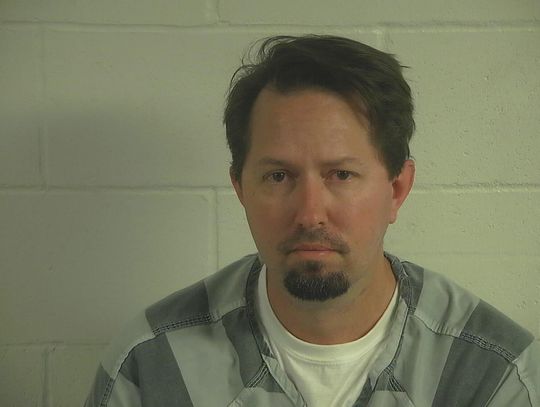


Comment
Comments